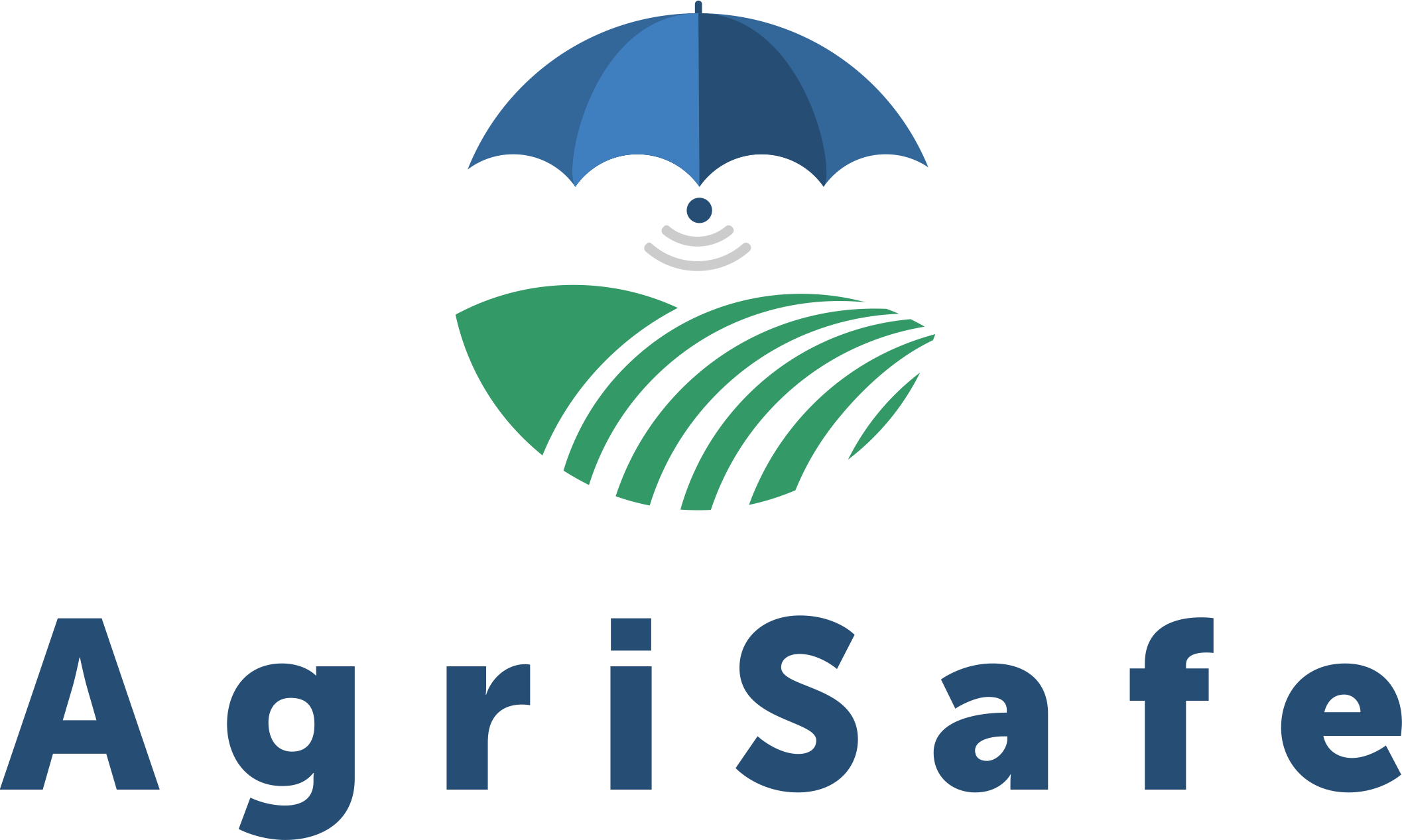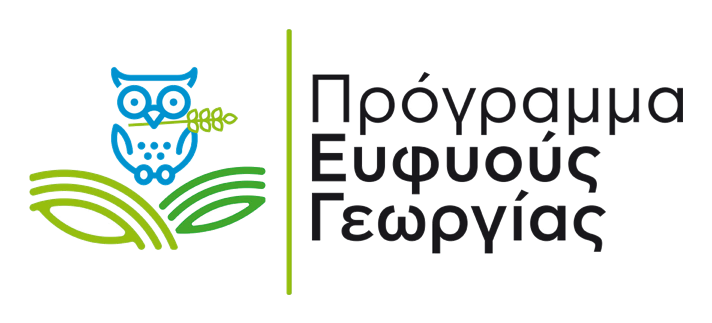Here you can learn about projects relative and/or interacting to the NextFood Project.
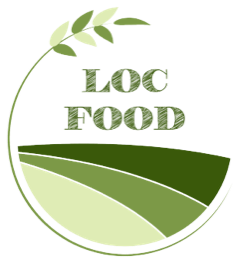
Discover the LOC FOOD PROJECT
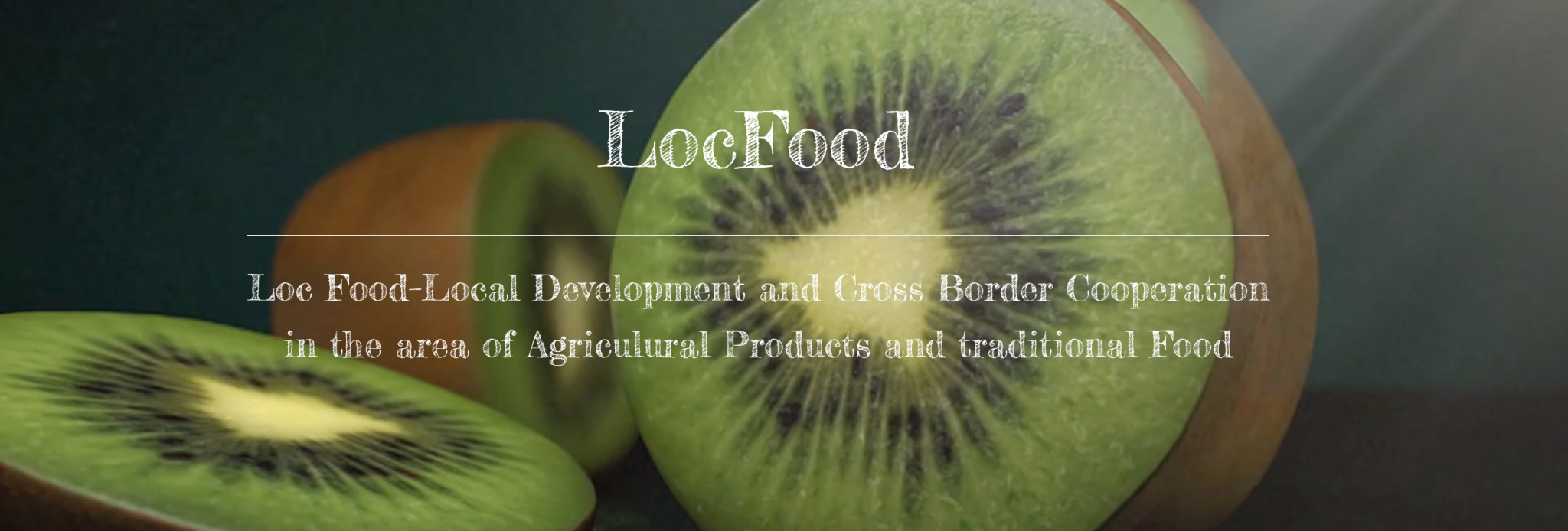
THE LOC FOOD PROJECT
Agriculture forms an important part of the economy of the regions and countries in which the project partners are located. Many high-quality traditional foods are produced that are not widely distributed, from indigenous varieties of crop plants and animal breeds to unique processed products and regional speciality dishes.
The challenges to be effectively addressed by the LocFood project are: Economic development(challenge: under-developed local economy) and Environmental protection(challenge: threatened biodiversity and natural resources), Social issues(challenge: significant gender issues in employment and general unemployment in the rural areas, under-developed knowledge-based society) and Culture preservation and promotion(challenge: threatened local cultural heritage, and under-developed tourism and gastronomy market). The consortium is formed to cover all project dimensions.
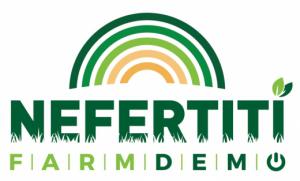
Discover the NEFERTITI PROJECT
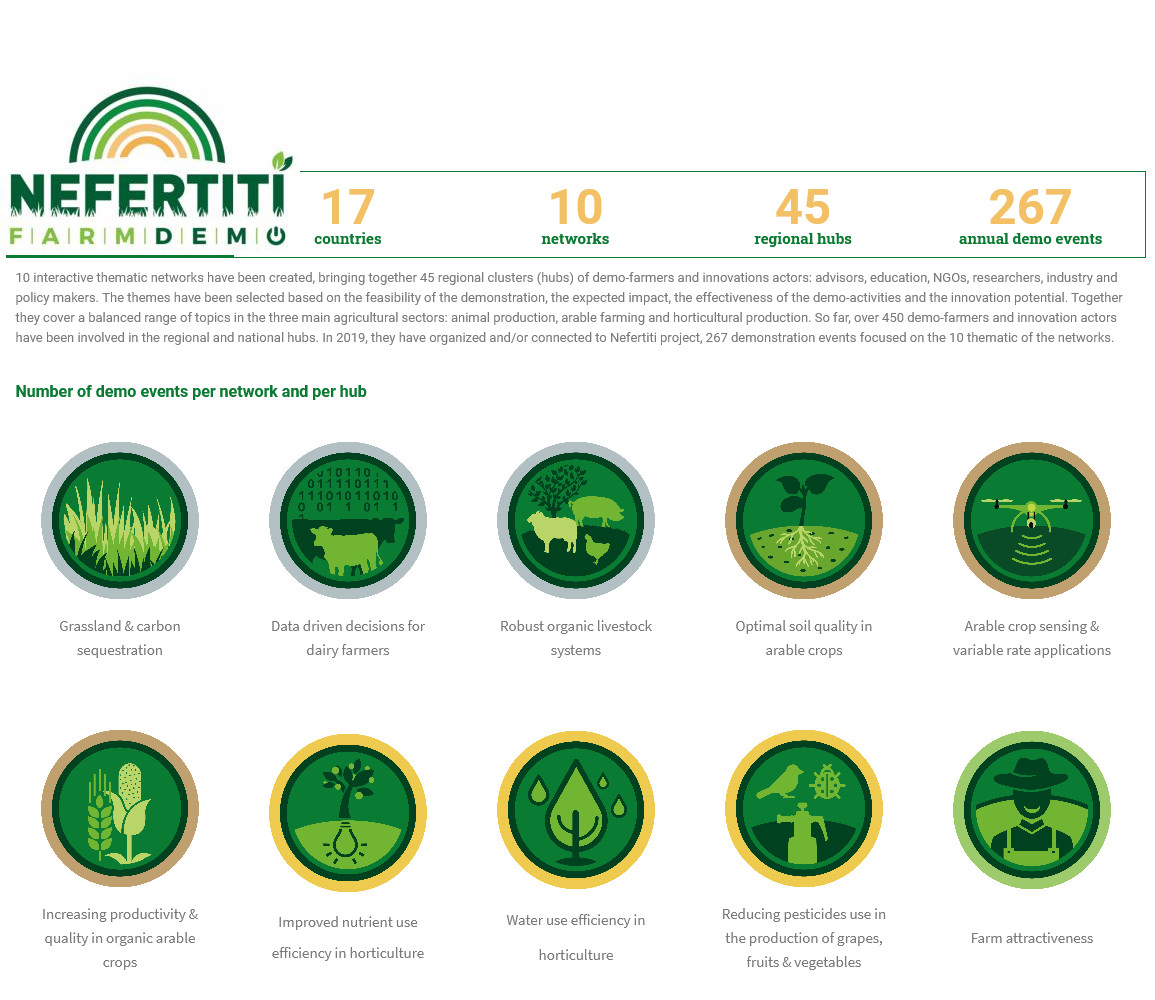
THE NEFERTITI PROJECT
The overall objective of NEFERTITI is to establish an EU-wide highly connected network of demonstration and pilot farms designed to enhance knowledge exchanges, cross fertilization among actors and efficient innovation uptake in the farming sector through peer-to-peer demonstration of techniques on 10 major agricultural challenges in Europe.

Discover the RUBIZMO PROJECT
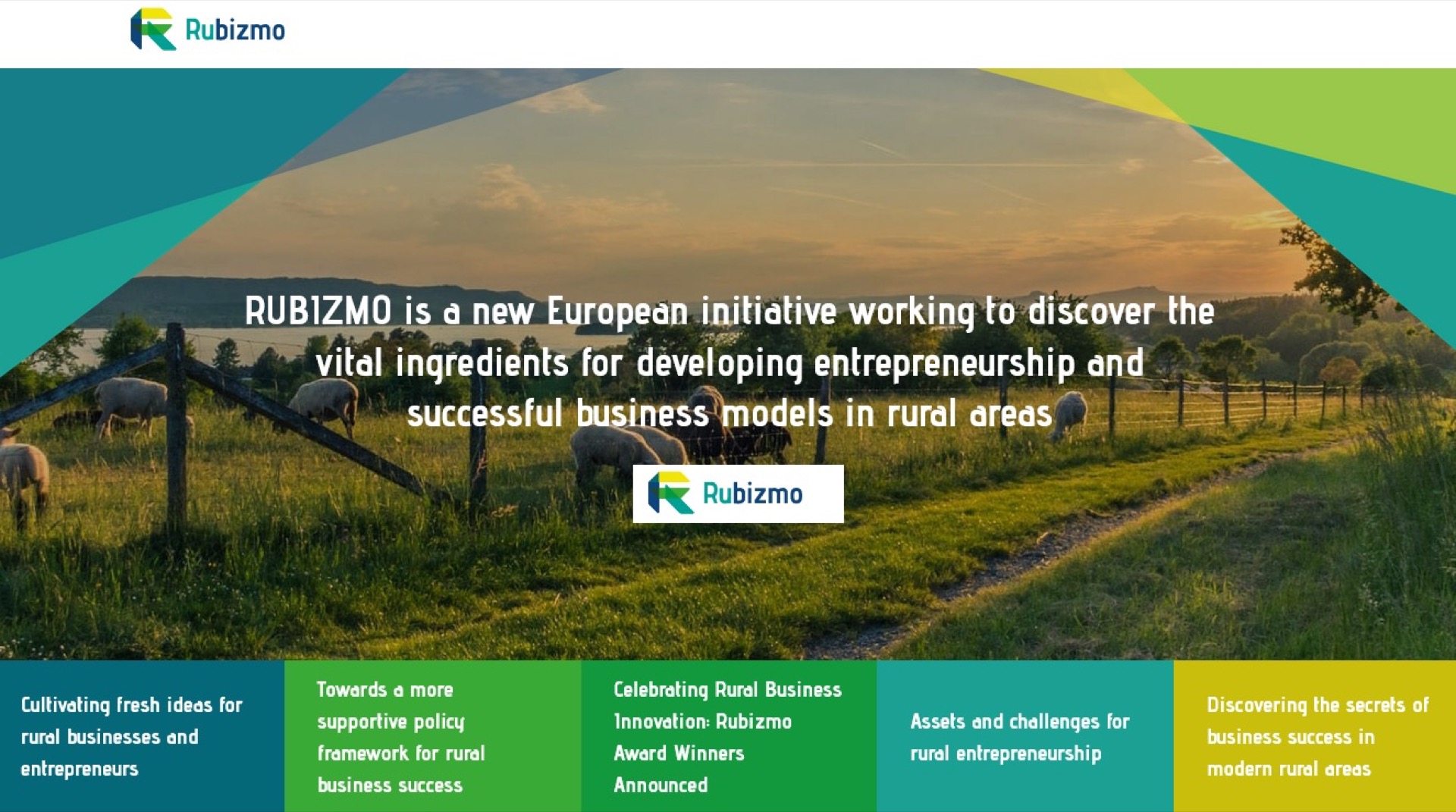
THE RUBIZMO PROJECT
New technologies and forms of collaboration amongst actors and sectors, as well as growing acknowledgement of biodiversity and climate change mitigation offer strong opportunities to bring about a new wave of entrepreneurial and economic activity in rural areas. RUBIZMO believes that this new set of dynamics mean that rural economies are ripe for change.
For these opportunities to be fully exploited, rural entrepreneurs and networks need support to cultivate fresh business ideas, choose the right business models and develop thriving environments for economic prosperity.
To tackle this challenge, RUBIZMO experts are analysing business models from hundreds of previous funded and private enterprise initiatives. By examining the reasons for their success – or failure – in the context of their collaboration and support networks, the project will discover and share the key ingredients to recreate innovative business ideas all over Europe.
The RUBIZMO success factors will be shared with a wide number of rural actors through a set of practical tools supporting collaboration, entrepreneurship and business development in rural communities. In addition, active coaching and peer-to-peer training will be provided to rural entrepreneurs and networks to instigate sustainable business transformation.

Discover the LIAISON PROJECT
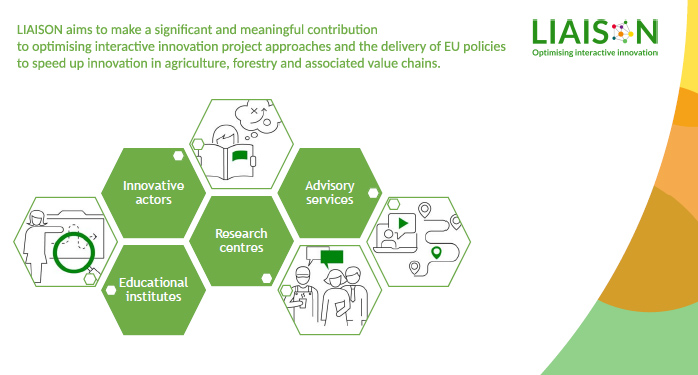
THE LIAISON PROJECT
Times are changing! All across Europe the agricultural, forestry and associated sectors are facing major social,economic and environmental concerns and challenges …as well as many exciting opportunities.
Practical and effective new ideas are needed to help farmers and foresters continue meeting the expectations of wider society, whilst at the same time running their own successful businesses and working in harmony with the essential natural resources on which we all depend.
Innovation is therefore one of the hottest topics of discussion from farmhouse kitchen tables to meeting rooms in Brussels. There are many different types of innovation relevant to agriculture and forestry. Some innovation such as digitalisation is currently very technical, but innovation can also include social or economic dimensions. Innovation has many elements and encompasses many processes. It is also about networking, information exchange, collective intelligence and the co-creation of new knowledge and ideas. It is about farmers/foresters, advisors, researchers and others working together in partnership to find solutions to day-to-day needs, challenges and opportunities.
The LIAISON project aims to understand better what makes a successful partnership for innovation. Why do some partnerships have the ability to organise themselves, to capture new ideas, to nurture them and create something new? How do they test this and turn it into something with real practical application?
The key objective for LIAISON is how to encourage more of these successful partnerships for innovation!
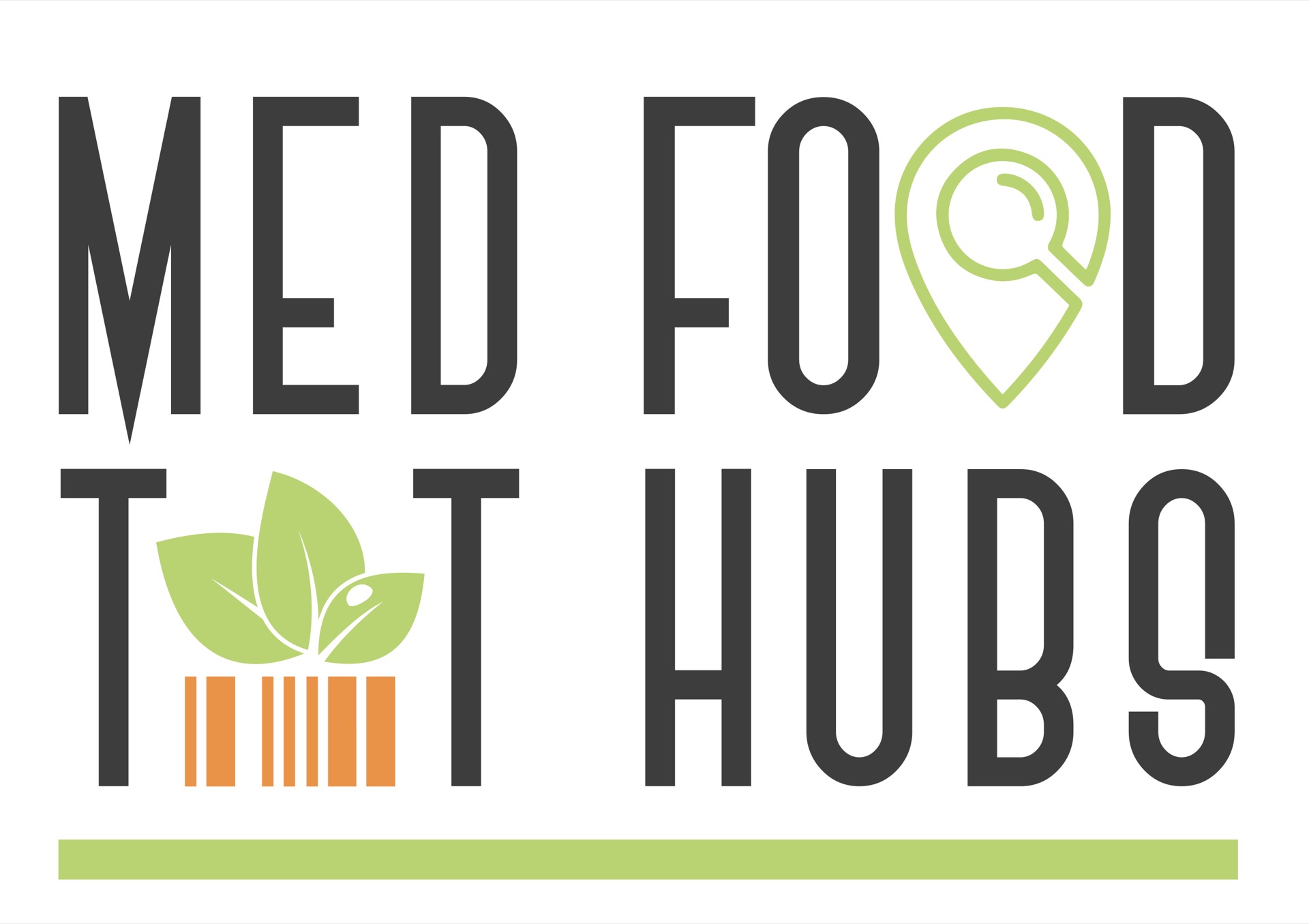
Discover the MED Food TTHubs Project
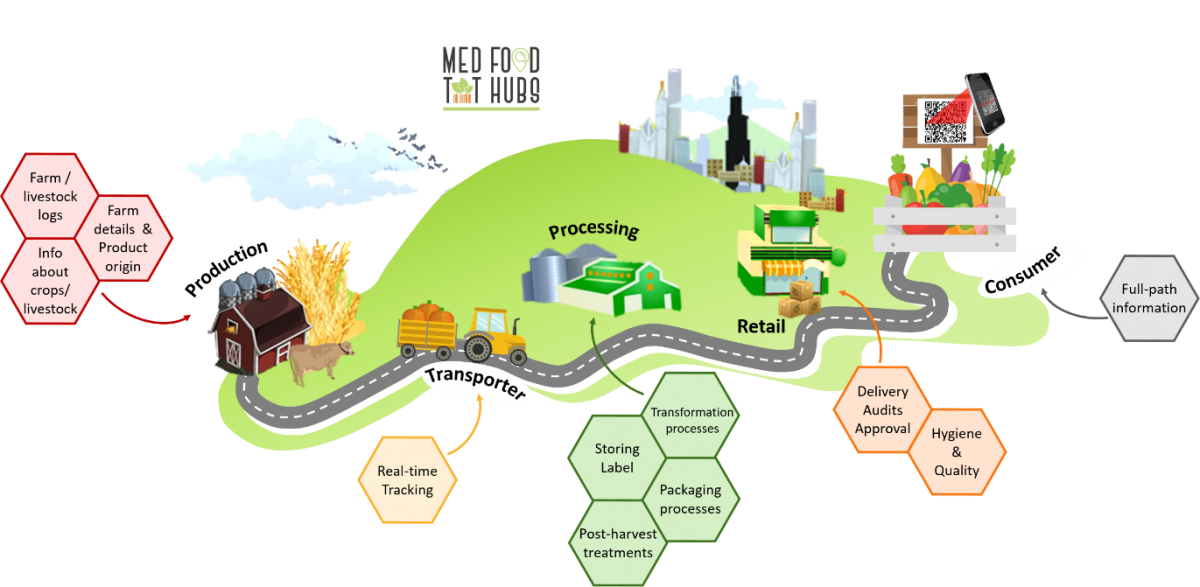
MED Food TTHubs: Trace & Trust Hubs for Mediterranean Food
A new PRIMA project started in April 2020: the MED Food TTHubs project was born to provide safer and more sustainable Mediterranean food products for people all around the world.
When it comes to food safety, trust concerning the origin of raw materials (e.g. fruits, vegetables, livestock, fish) and the quality of the processes starting from cultivation and breeding until packaging and transport can be a bit of a challenge. At the same time, lack of traceability approaches to be applied to the full supply-chain poses additional threats to food industry sector preventing to fully satisfy consumers’ expectations for safe foods, as well as meet regulatory requirements.
Med Food TTHubs is set on deploying trusted and transparent standardised approaches along with cutting-edge technologies to support the implementation of full-path tracing practices through the whole distribution channel from seed to shelf.
Drawing inspiration from the widely applied GS1 Standards, Med Food TTHubs implements a “Voluntary Scheme of Traceability (VST) of MED foods”, as common protocol for the network of these Hubs, acting as a point of reference for the products of the different involved areas. This protocol includes detailed guidelines, audit procedures and KPIs in relation to practices and processes towards traceable, authenticated and of high nutritional quality products. In addition, an e-platform will fully support the operation of seven Trace & Trust Hubs (TTHubs) in each of the countries involved. The dedicated web-based platform will encompass a number of modules in order to: (i) facilitate sharing of information across the whole food supply chain, (ii) support the documentation of traceability and authenticity, and (iii) support the effective provision of more trustful processes for certification and quality control.
To put it simply, the MED Food Trace & Trust Hubs will form a permanent transnational network playing the role of a one-stop-shop for traceability and authenticity for ‘added value’ Mediterranean food products.
For more information check out the project website: https://tthubs.eu/
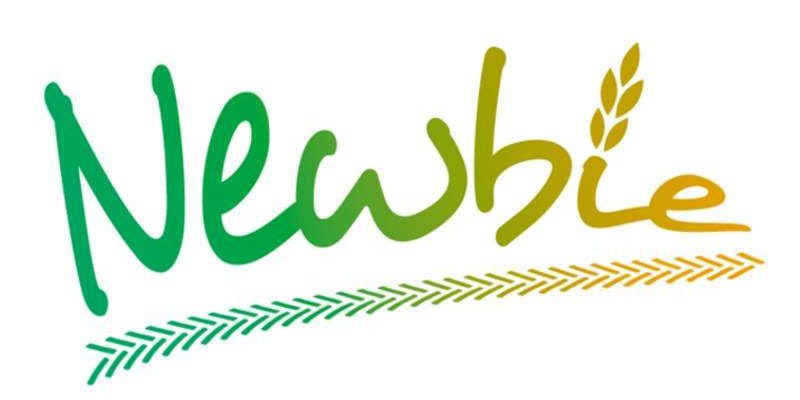
Meet Newbie
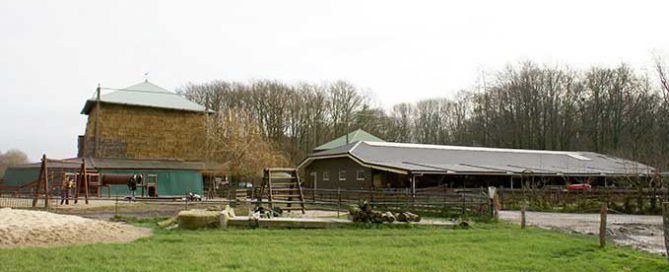
New Entrant netWork: Business models for Innovation, entrepreneurship and resilience in European agriculture
The NEWBIE network offers a unique platform by bringing together new entrants, successors, advisors, researchers, important regional and national actors and relevant stakeholders in national networks.
Main goal of Newbie
The main goal of the NEWBIE network is to increase innovation, entrepreneurship, and resilience in the European farming sector by enabling new entrants to successfully establish sustainable farm businesses in Europe.
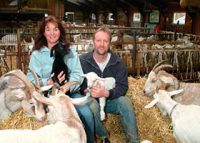

DESIRA (Digitisation: Economic and Social Impacts in Rural Areas)
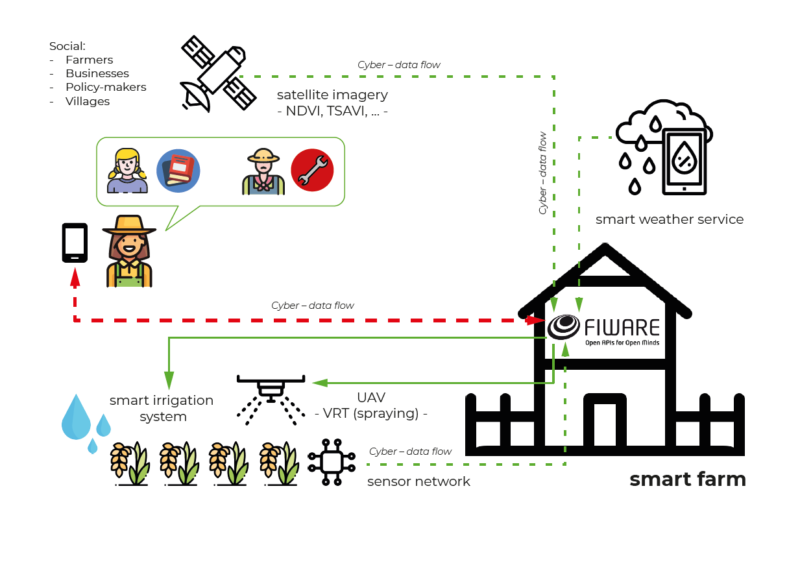
DESIRA (Digitisation: Economic and Social Impacts in Rural Areas) is a Horizon 2020 project (2019-2023) coordinated by the University of Pisa which involves 25 partner organisations (research institutes, NGOs and SMEs) in a multi-actor and inter-disciplinary Consortium.
The project aims to improve the capacity of society and political bodies to respond to the challenges that digitalisation generates in agriculture, forestry and rural areas.
The project approaches all activities considering digitalisation as a process of social transformation driven by digital technologies. It acknowledges the transformative nature of digitalisation and the impacts it can have in shaping the way rural communities and actors learn, work, travel, interact, etc., acting as a ‘game changer’ for rural territories and sectors.
To reap the benefits and reduce the risks associated with digitalisation, rural communities need to improve their capacity of understanding the impacts and changes in their context and to develop and plan appropriate actions in order to adapt. Sustainable digitalisation is key to minimise the costs and maximise the benefits of digital transformation, contributing to the Sustainable Development Goals (SDGs).


